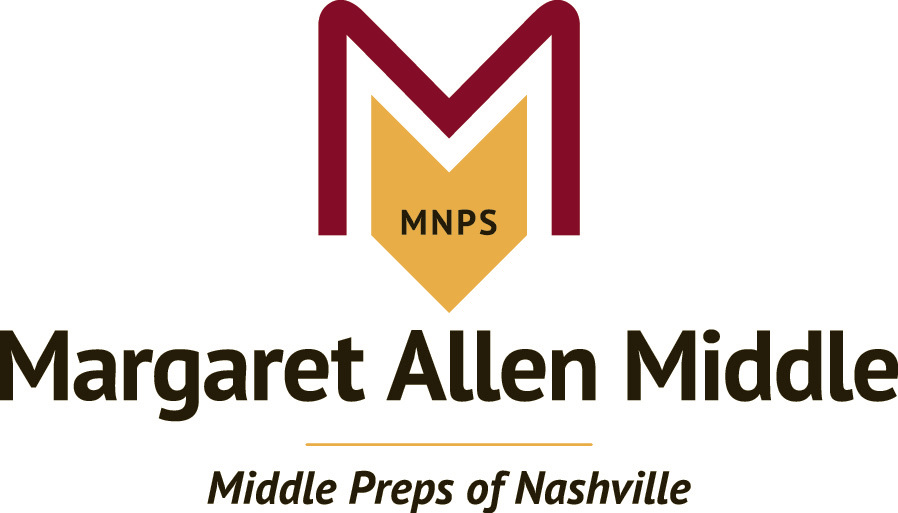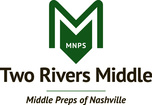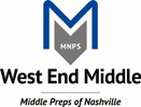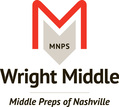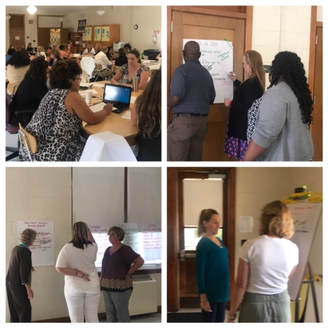 Kassie Williams, a coordinator for the MNPS Exceptional Education department, is using the collaborative inquiry process to work with coaches this semester. One session is planned for September, October, and November. The first session was held on September 20, 2017. The purpose of these sessions is to foster a culture of collaboration for supporting student success. The primary outcome for this meeting was to allow the exceptional education staff to leverage their collective expertise in addressing four focus areas:
To learn about their work and the workshop, please go to www.mnpscollaboration.org/exceptional-education-coaches.html If you have a collaborative inquiry story or are interested in learning more, please contact Margie Johnson at [email protected].
1 Comment
Collaboration Spotlight: SIP Development at Two Rivers & East Nashville Magnet Middle Preps3/21/2017 On February 9, 2017, Two Rivers Middle leadership team began the journey of developing their SIP goals for 2017-2018, which will be used to guide their budgeting. After that meeting, two more meetings were held. The next meeting occurred on February 23, 2017 to develop draft SIP goals. The final meeting was held on March 9, 2017 to solicit feedback and finalize the 2017-2018 SIP goals. The collaborative inquiry process was used to facilitate each meeting.
To read more about their work, please check it out HERE. East Nashville Magnet Middle Prep also used the collaborative inquiry process for developing their SIP goals. However, they took a different approach by first having common planning time teams make data observations. The East Nashville Magnet Middle leadership team then used the observations to develop SIP goals for 2017-2018. Again, the SIP will be informing the budgeting process at East. Read more about East Nashville Magnet Middle's journey HERE. One great thing about the collaborative inquiry process is the fact that it can be used in different contexts and different ways to support schools. If you want to learn more about the collaborative inquiry process or have a great example to share with us, please contact Margie Johnson at [email protected]. It’s that Time of Year…..School Improvement Planning With our latest temperatures, one would say that spring is in the air. It’s also that time of year that School Improvement Planning (SIP) for the 2017-2018 school year takes place. I was excited and honored to work with Two Rivers Middle Prep leadership team on February 9, 2017 with their SIP development. Let me share how the collaborative inquiry process was used to facilitate the process.
Collaborative inquiry is a data-based team process that consciously uses the collaborative learning cycle (activating and engaging, exploring and discovering, and organizing and integrating) and the qualities of effective groups (fostering a culture of trust, maintaining a clear focus, taking collective responsibility and data-informed decision-making) (MNPS Community of Practice, 2016). With this definition in mind, let me take you through the process.
If you are interested in learning more, please feel free to reach out to Dr. Shelly Dunaway and/or Dr. Margie Johnson for more information. During the September ELP (Executive Lead Principal) meeting for Dr Michelle Springer's network, they reviewed various sets of data around literacy achievement. A request made by the principals in the network was to form a community of practice with representation from the schools to take a deep dive into literacy achievement.
With representatives identified, the Literacy Community of Practice (CoP) convened on January 24, 2017 for an all day meeting to discuss literacy not only with school representatives, but central office, high school, and community partner representatives. Using the collaborative inquiry process to plan for the day's conversations, the CoP identified hopes, fears, and successes for their CoP. Building upon the successes, the Literacy CoP for Dr. Springer's network is working to Shift the Narrative by leveraging the collaborative expertise in the CoP. To learn more about the day, including top three barriers guiding the work, please go to: http://www.mnpscollaboration.org/dr-springer-literacy-cop.html. You can also access other collaborative inquiry workshop materials at the Workshop Warehouse located at http://www.mnpscollaboration.org/workshop-warehouse.html Reference: Hattie, J. (Fall 2015). What works in education: The politics of collaborative expertise. London, UK: Pearson. Retrieved from https://www.pearson.com/content/dam/corporate/global/pearson-dot-com/files/hattie/150526_ExpertiseWEB_V1.pdf If you want to fast, go alone. |
| Hot off the presses!! The Teacher Data Use Survey (TDUS) was released by IES yesterday (http://ies.ed.gov/ncee/edlabs/projects/project.asp?projectID=2461). I have had access to the survey for the past 3 years because of our partnership with REL Appalachia, but am excited finally to share the TDUS with others. MNPS is mentioned in the user guide as we are the large, urban district that pilot tested the survey. |
Along with the survey, REL Appalachia evaluators created us some other tools that have made the data analysis of the survey easier. They have a page with additional resources, which you can access here: http://relappalachia.org/products/rel-appalachia-reports/teacher-data-use-survey-tools-and-administration-guide/.
| REL Appalachia is conducting a webinar series about the TDUS on October 14, 21, 28, November 4, 2016 from 12:00 – 1:00 p.m. CST. I will be joining them on the last webinar on November 4th to share how we used the TDUS Dashboard to facilitate a collaborative inquiry working group team meeting in May. (You can read about that meeting here.) If you are interested in joining the webinars, please register at http://www.relappalachia.org/events/teacher-data-use-survey-webinar-series/. |
Fall 2016 TDUS Administration
If you have any questions or want to learn more, please feel free to reach out to Margie Johnson at [email protected].
Email Subscription
Click HERE to subscribe to receive emails for the blog posts.
Archives
February 2018
January 2018
December 2017
November 2017
October 2017
September 2017
August 2017
July 2017
June 2017
May 2017
April 2017
March 2017
February 2017
January 2017
December 2016
November 2016
October 2016
September 2016
August 2016
July 2016
June 2016
May 2016
April 2016
March 2016
February 2016
Categories
All
Agenda Template
Behavior Plan
Central Office
Collaboration
Collaborative Professionalism
Collective Efficacy
Community Of Practice
Community Partners
Component A
Component B
Component C
Conference Presentations
Culture
Data Guide
Equity And Diversity
Evaluation Plan
Exceptional Education
Family Engagement
IC Map
Laura Lipton
Leadership
Leading Collaborative Teams
Literacy
Maximizing Time
Mission
MNPS Data Warehouse
NAZA
PreK
Psychological Safety
REL Appalachia
Relational Load
Research
School Spotlight
SEL
SIP
Social Capital
TDUS
Trust
Vision
Welcome
Workshop Materials
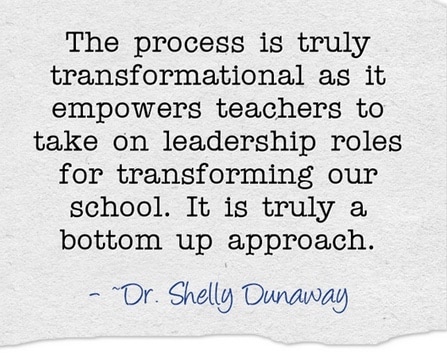
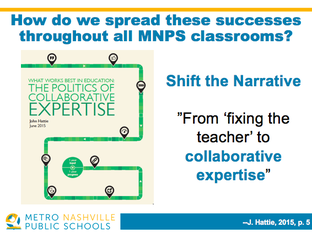
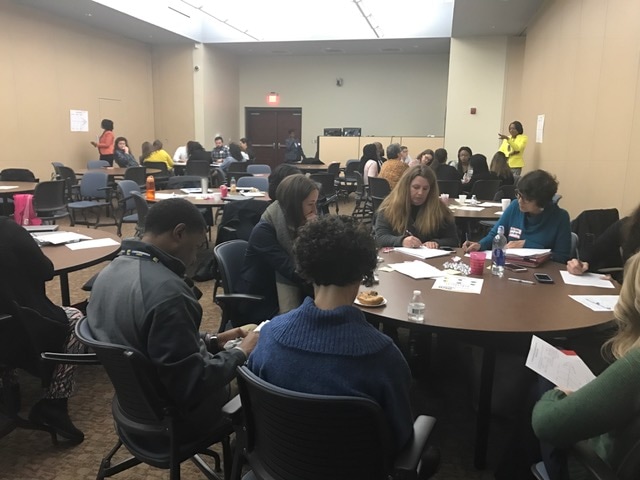
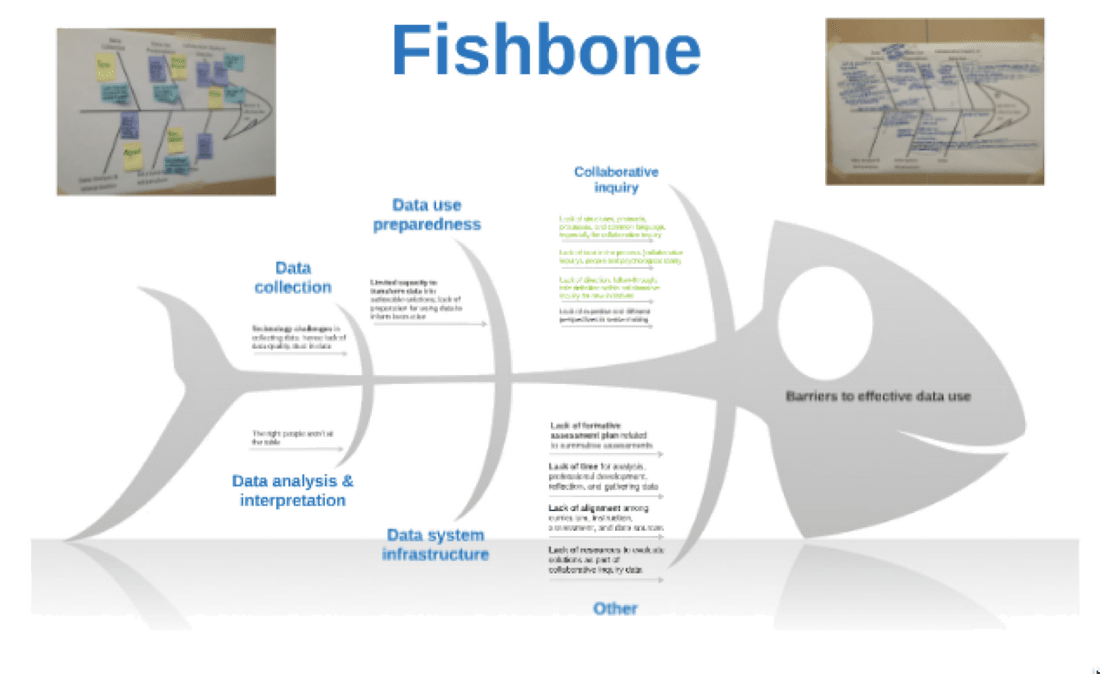
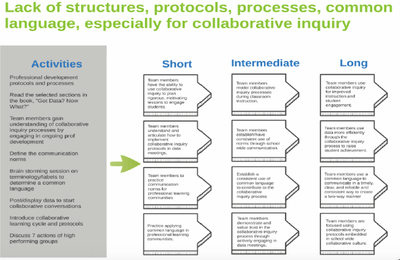
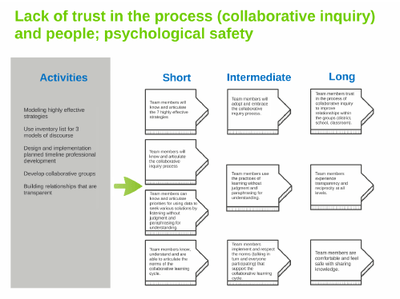
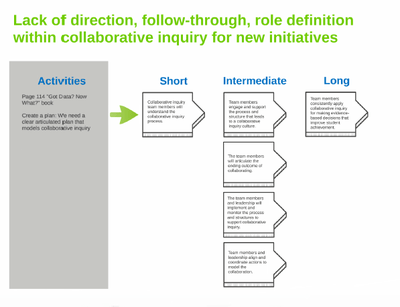
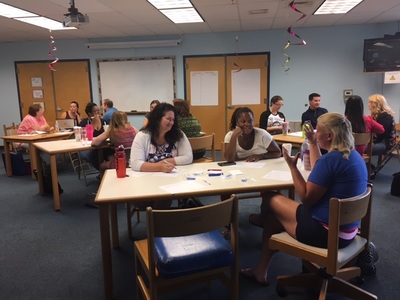
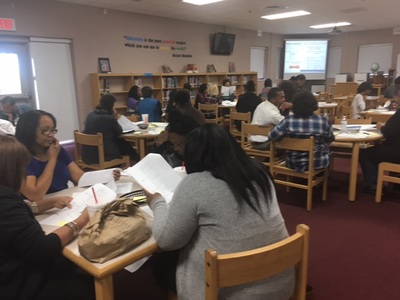
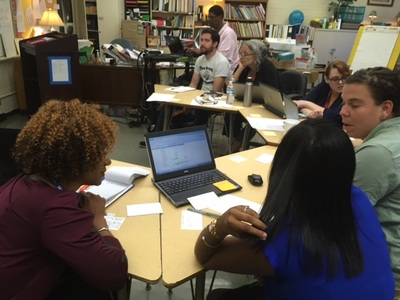
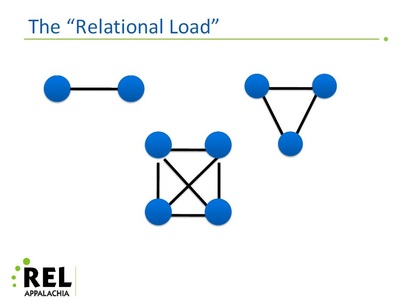
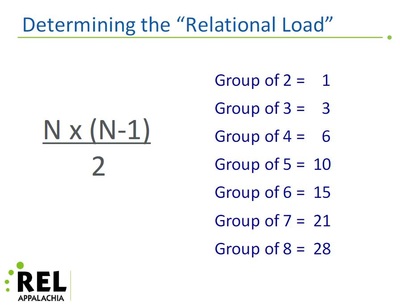
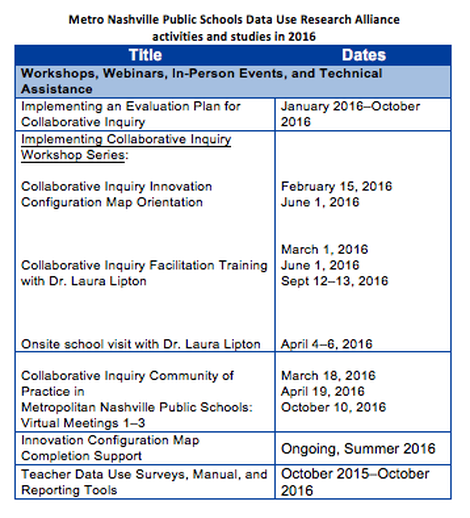

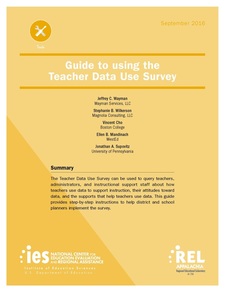
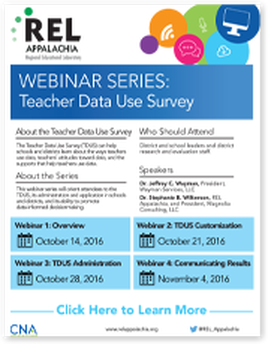
 RSS Feed
RSS Feed

